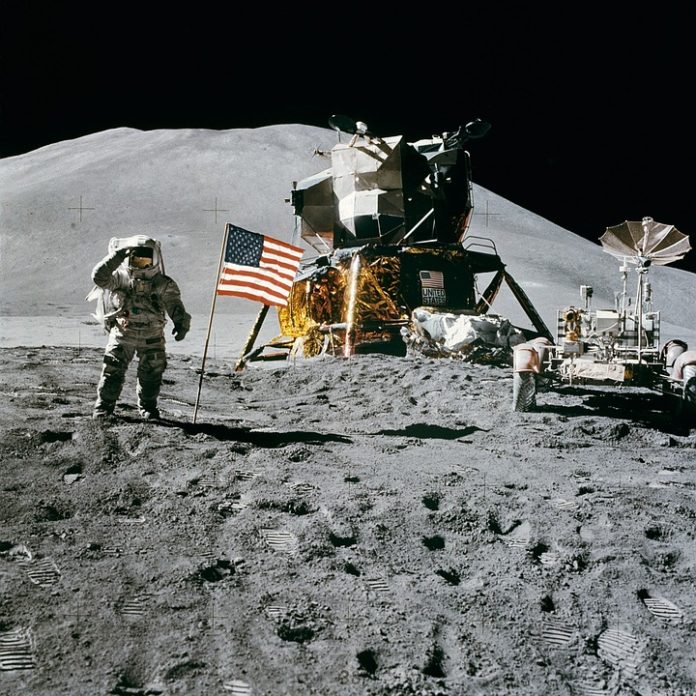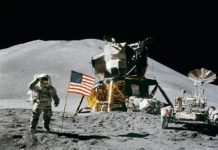It is no secret that science fiction authors have anticipated major scientific breakthroughs decades before they became reality; in his novel “Nineteen Eighty-Four,” for example, George Orwell predicted a culture of mass surveillance years before world governments instituted full-blown citizen spying programs; moreover, early scifi writer H.G. Wells toyed with the idea of mankind’s first moon landing in his 1901 story “The First Men in the Moon.”
According to a new article in the New York Times, however, the connection between science fiction and advances in scientific technology may be more robust than we might think. The article discusses the inspiring effect of early science fiction novels and stories on the imaginations of early rocket scientists like Konstantin Tsiolkovsky and Robert Goddard, for example, both of whom were inspired to pursue scientific theories around space travel after reading novels and stories by H.G. Wells and Jules Verne. Indeed, the Times article suggests that there is a direct link between the ideas found in early science fiction and the Apollo 11 moon landing that occurred 50 years ago this month.
However, this ostensible connection between literature and science might come as a surprise to many physicists, mathematicians, and astronomers working today. Because the connection between the sciences and the humanities is often overlooked or even ignored in academic circles, it is increasingly easy to disregard the connection between scientific concepts explored in literature and those explored in laboratories. In recent years, scientists like Neil deGrasse Tyson and Richard Dawkins have argued that the study of the humanities has no place in scientific culture, and that students should avoid taking classes in subjects related to philosophy.
If the new piece in the Times is any indication, however, there may be great potential in our own time for literature to work hand in hand with science. After all, we might not have reached the moon had authors such as H.G. Wells and Jules Verne not explored the notion of space travel in books written over 100 years ago. Indeed, scientists of today may just be selling themselves short by ignoring the potential for the humanities to inform scientific discovery.




